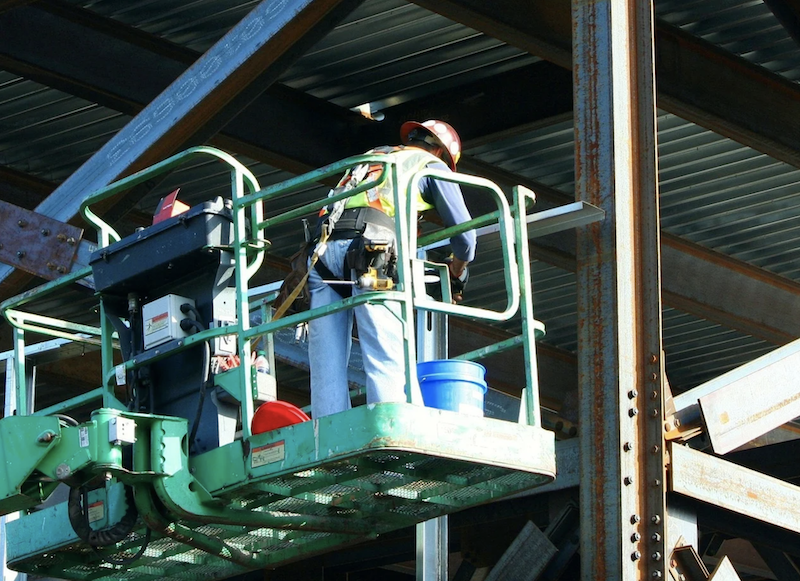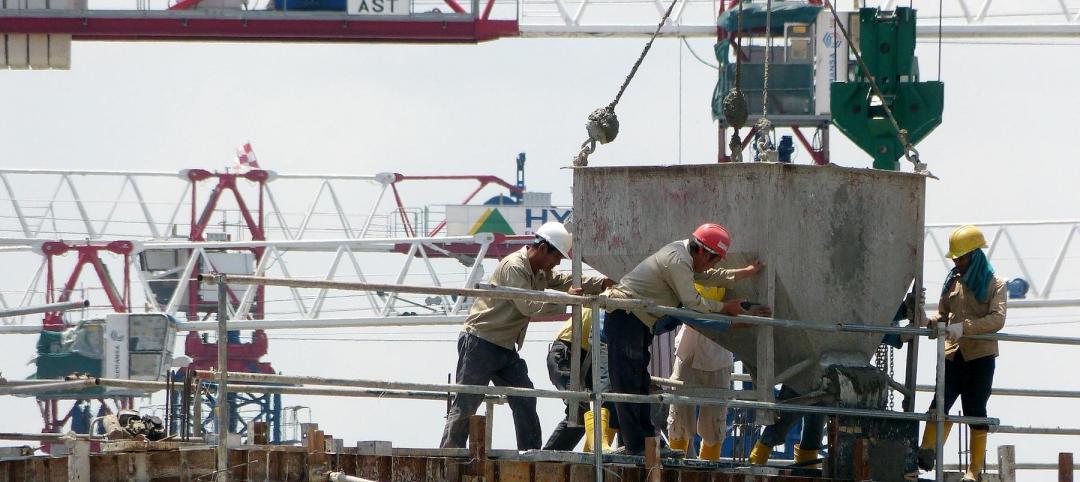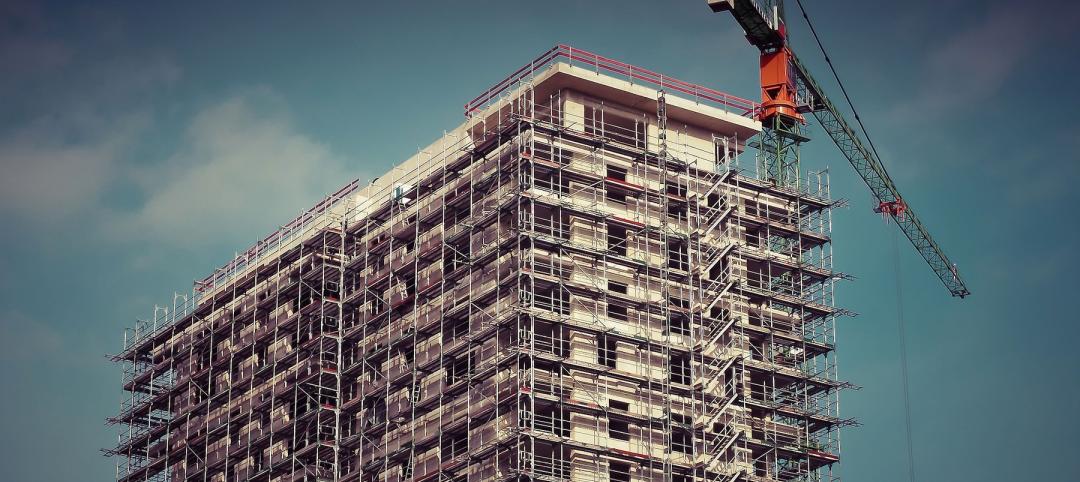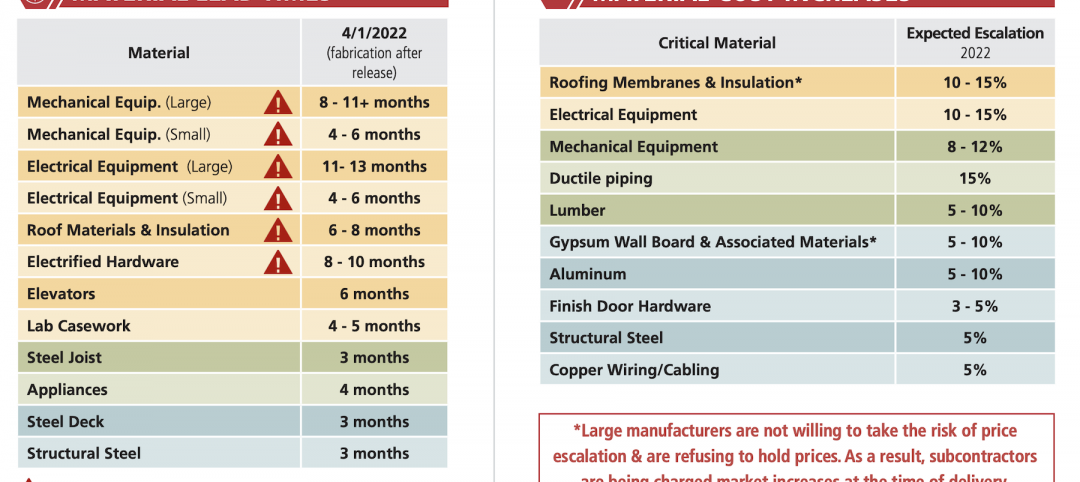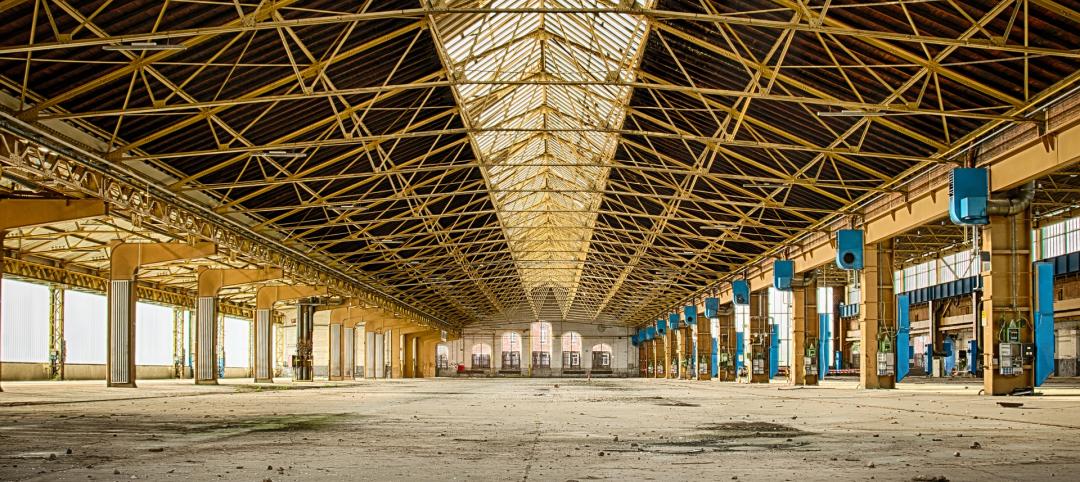Construction employment in April remained below the pre-pandemic high set in February 2020 in 36 states and the District of Columbia, despite increases from March to April in 26 states, according to an analysis by the Associated General Contractors of America of government employment data released today. Association officials said that the sector’s recovery was being undermined by increases in materials prices, delays in receiving key construction supplies and labor shortages.
“Today’s numbers show that construction has yet to fully recover from the effects of the pandemic in most parts of the country,” said Ken Simonson, the association’s chief economist. “Even where employment has topped pre-pandemic levels, the gains are likely due mainly to feverish homebuilding and remodeling, not to widespread resumption of nonresidential building and infrastructure projects.”
Seasonally adjusted construction employment in April exceeded the February 2020 level in only 14 states. Utah added the most jobs (5,100 jobs or 4.5%), trailed by Idaho (4,400 jobs, 8.0%), Washington (3,800 jobs, 1.7%), and South Carolina (1,900 jobs, 1.8%). Idaho added the highest percentage, followed by South Dakota (6.3%, 1,500 jobs), Utah, and Rhode Island (3.5%, 700 jobs).
Employment declined from the February 2020 level in 36 states and D.C. Texas lost the most construction jobs over the period (-44,800 jobs or -5.7%), followed by New York (-29,300 jobs, -9.1%), California (-27,600 jobs, -3.0%), Louisiana (-19,600 jobs, -14.3%), and New Jersey (-15,600 jobs, -9.5%). Louisiana recorded the largest percentage loss, followed by Wyoming (-13.5%, -3,100 jobs), New Jersey, New York, and West Virginia (-8.7%, -2,900 jobs).
For the month, construction employment increased in 26 states, decreased in 21, and held steady in three states and D.C. Illinois added the most construction jobs (4,000 jobs, 1.8%), followed by Pennsylvania (3,400 jobs, 1.4%), Wisconsin (2,900 jobs, 2.4%), Kentucky (1,900 jobs, 2.4%) and North Carolina (1,600 jobs, 0.7%). New Hampshire had the largest percentage gain (3.2%, 900 jobs), followed by Rhode Island (2.4%, 500 jobs), Kentucky, and Wisconsin. Texas lost the most construction jobs for the month (-13,600 jobs, -1.8%), followed by New York, (-3,900 jobs, -1.0%) and Iowa (-3,100 jobs, -3.9%). Iowa had the largest percentage loss, followed by Alabama (-2.4%, -2,200 jobs), and Texas.
Association officials noted that rapid increases in the cost of many construction materials are hammering firms still trying to recover from the pandemic. Deliveries of many materials are often delayed because of manufacturing and shipping backups. In addition, many firms report having trouble finding workers to hire amid continued school closures, lingering worries about the pandemic and elevated unemployment benefits.
“Federal officials can give the industry a needed boost by removing tariffs on key construction materials such as lumber, steel, and aluminum, and taking steps to ease supply-chain backups,” said Stephen E. Sandherr, the association’s chief executive officer. “It is also time to end barriers keeping workers home, including reopening schools and ending the unemployment supplements.”
View state February 2020-April 2021 data, 12-month rankings, 1-month rankings and map.
Related Stories
Market Data | May 18, 2022
Architecture Billings Index moderates slightly, remains strong
For the fifteenth consecutive month architecture firms reported increasing demand for design services in April, according to a new report today from The American Institute of Architects (AIA).
Market Data | May 12, 2022
Monthly construction input prices increase in April
Construction input prices increased 0.8% in April compared to the previous month, according to an Associated Builders and Contractors analysis of U.S. Bureau of Labor Statistics’ Producer Price Index data released today.
Market Data | May 10, 2022
Hybrid work could result in 20% less demand for office space
Global office demand could drop by between 10% and 20% as companies continue to develop policies around hybrid work arrangements, a Barclays analyst recently stated on CNBC.
Market Data | May 6, 2022
Nonresidential construction spending down 1% in March
National nonresidential construction spending was down 0.8% in March, according to an Associated Builders and Contractors analysis of data published today by the U.S. Census Bureau.
Market Data | Apr 29, 2022
Global forces push construction prices higher
Consigli’s latest forecast predicts high single-digit increases for this year.
Market Data | Apr 29, 2022
U.S. economy contracts, investment in structures down, says ABC
The U.S. economy contracted at a 1.4% annualized rate during the first quarter of 2022.
Market Data | Apr 20, 2022
Pace of demand for design services rapidly accelerates
Demand for design services in March expanded sharply from February according to a new report today from The American Institute of Architects (AIA).
Market Data | Apr 14, 2022
FMI 2022 construction spending forecast: 7% growth despite economic turmoil
Growth will be offset by inflation, supply chain snarls, a shortage of workers, project delays, and economic turmoil caused by international events such as the Russia-Ukraine war.
Industrial Facilities | Apr 14, 2022
JLL's take on the race for industrial space
In the previous decade, the inventory of industrial space couldn’t keep up with demand that was driven by the dual surges of the coronavirus and online shopping. Vacancies declined and rents rose. JLL has just published a research report on this sector called “The Race for Industrial Space.” Mehtab Randhawa, JLL’s Americas Head of Industrial Research, shares the highlights of a new report on the industrial sector's growth.
Codes and Standards | Apr 4, 2022
Construction of industrial space continues robust growth
Construction and development of new industrial space in the U.S. remains robust, with all signs pointing to another big year in this market segment


